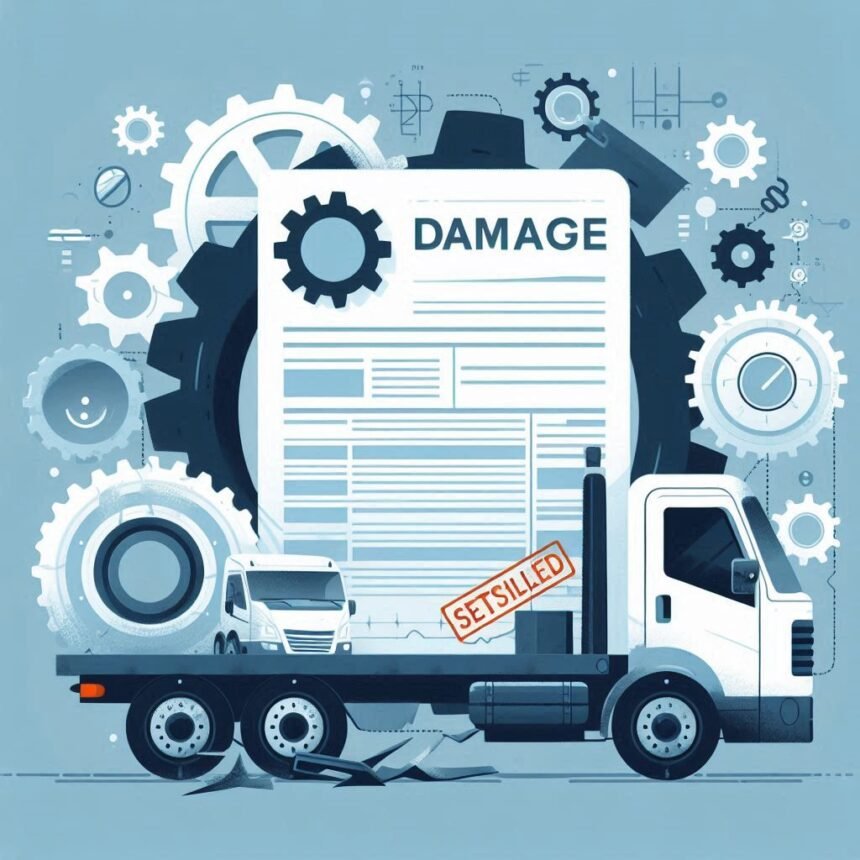Claims Process and Documentation
Understanding the claims process and the required documentation is a crucial component of motor insurance. Immediately following an accident, the policyholder should contact their insurer promptly. This initial contact is essential to notify the insurer of the incident and to receive guidance on the next steps. It’s advisable to provide a detailed account of the accident, including the date, time, location, and the parties involved.
Documentation is pivotal in supporting your claim. Policyholders should gather as much information as possible at the scene of the accident. This includes taking photographs of the damage to all vehicles involved, the surrounding area, and any other relevant details. Additionally, obtaining a police report is crucial as it provides an official account of the incident and can substantiate your claim.
Filing a claim involves several steps and adhering to specific timelines. Policyholders typically have a limited period to report the accident and submit their claim, which varies depending on the insurer. It’s essential to understand these timelines to avoid any delays or potential denial of the claim. The required documents often include the policyholder’s motor insurance policy, the police report, photographs of the damage, repair estimates, and any medical reports if injuries were sustained.
Once the claim is filed, the insurer will evaluate the submitted documentation and may conduct further investigations if necessary. The insurer’s assessment includes verifying the details of the incident, determining the extent of the damage, and estimating the repair costs. Policyholders are advised to maintain clear communication with their insurer throughout this process to address any additional information or documentation requests promptly.
To ensure a smooth claims experience, policyholders should keep a detailed record of all communications with their insurer, follow up regularly on the claim’s status, and provide any requested information without delay. Understanding the settlement process is equally important. The insurer will either approve the claim and arrange for repairs or compensation or may deny the claim if it does not meet the policy’s terms and conditions.
By being proactive and thorough in documenting the incident and understanding the claims process, policyholders can significantly enhance their chances of a favorable and timely resolution of their motor insurance claims.










